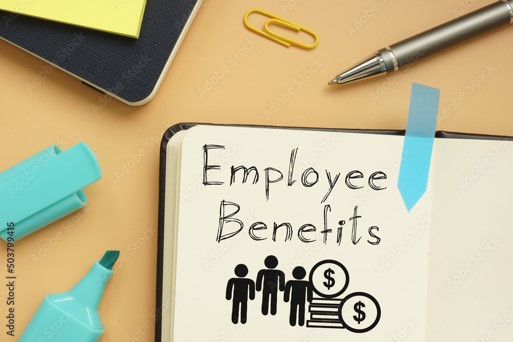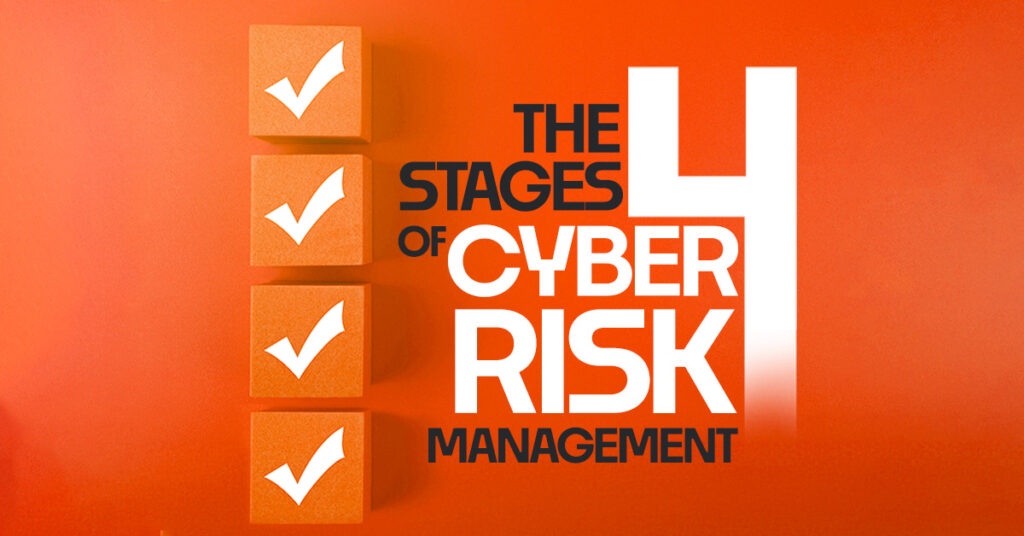Employee Stock Ownership Plans (ESOPs) and Their Benefits for Businesses and Employees
What Is an Employee Stock Ownership Plan? Specifically, an ESOP is an employee benefit plan that allows businesses to sell off ownership shares of the company directly to employees. Typically, these company shares are acquired through an employee retirement account; when the worker decides to retire or otherwise leave the company, the business buys the […]
Employee Stock Ownership Plans (ESOPs) and Their Benefits for Businesses and Employees Read More »














